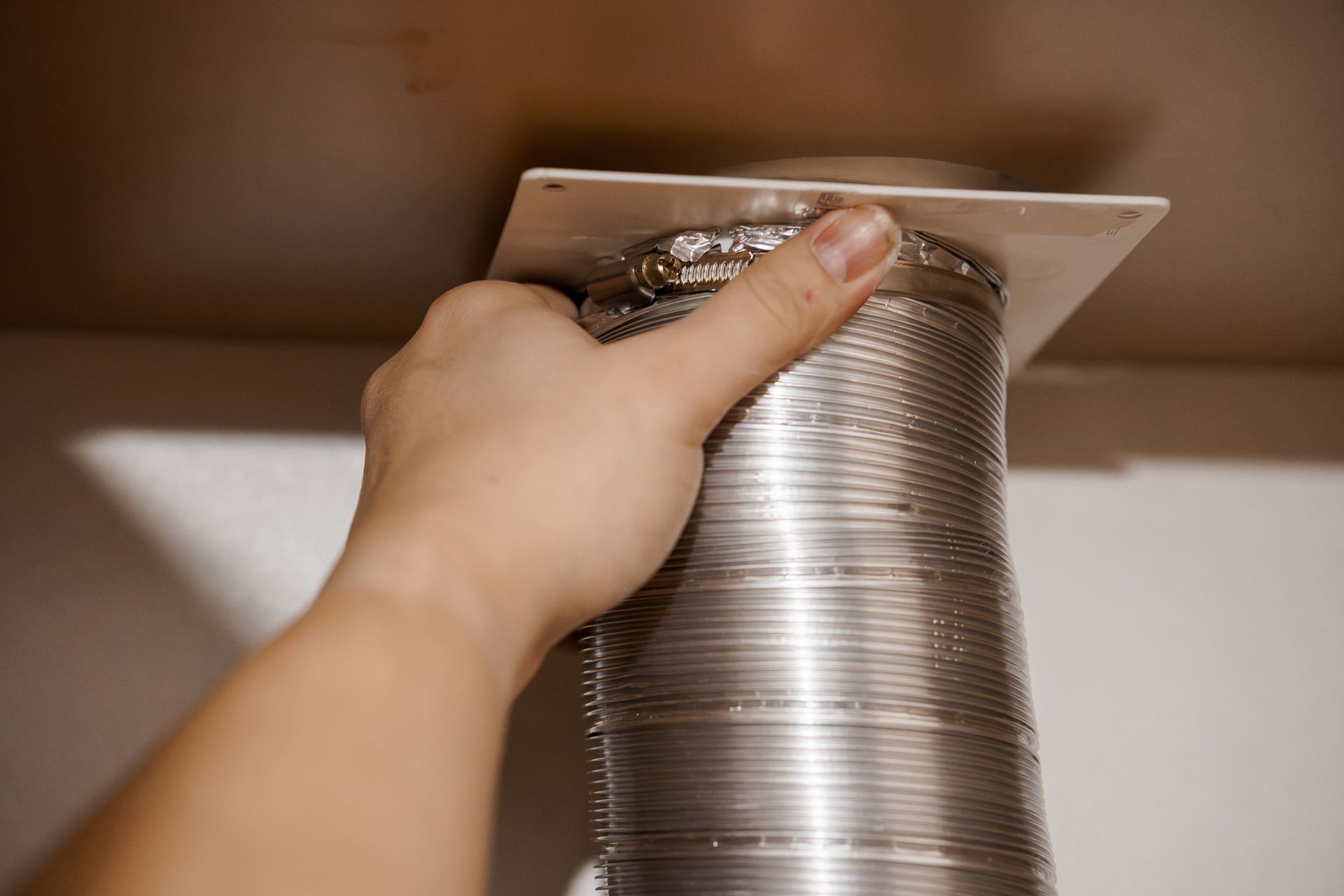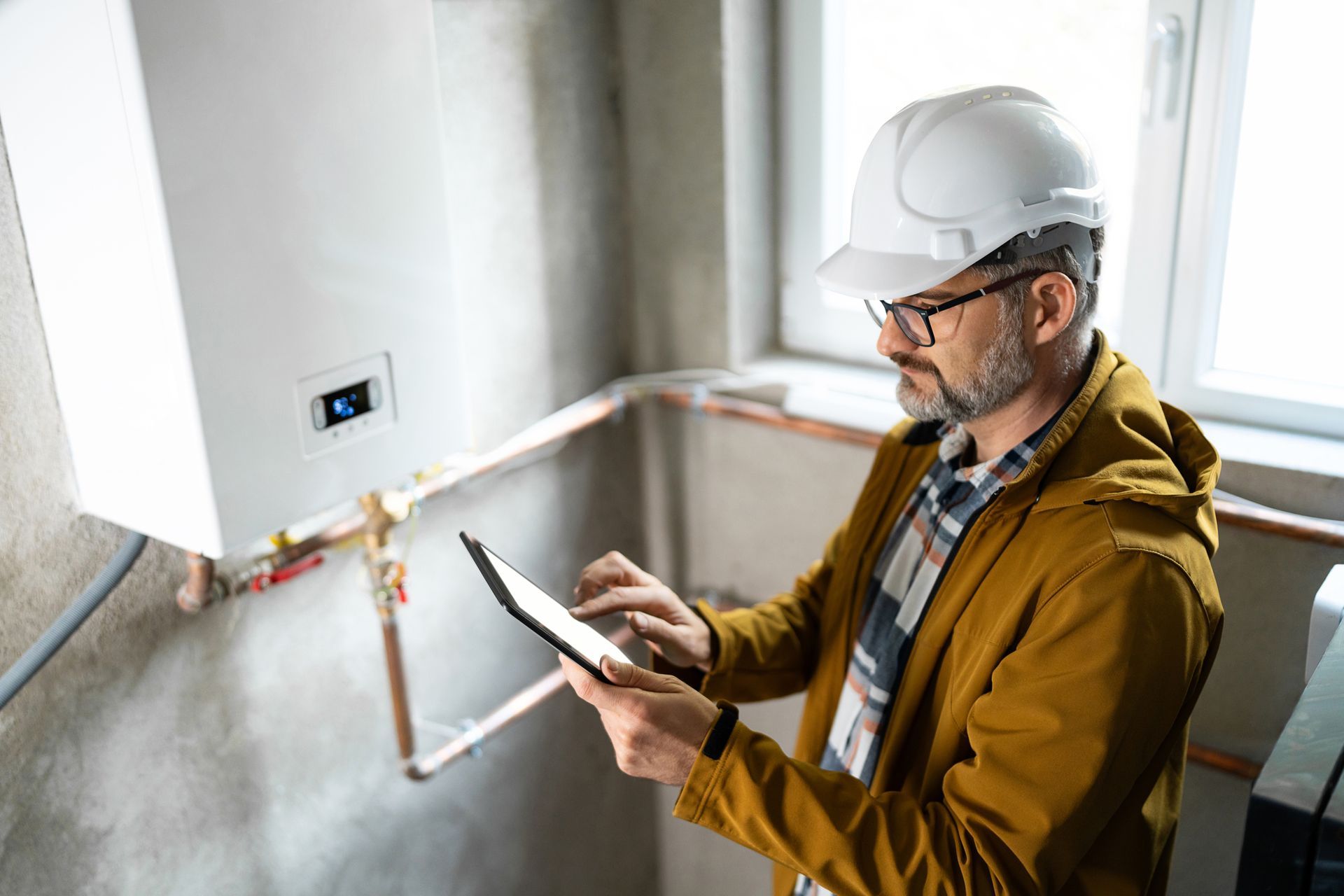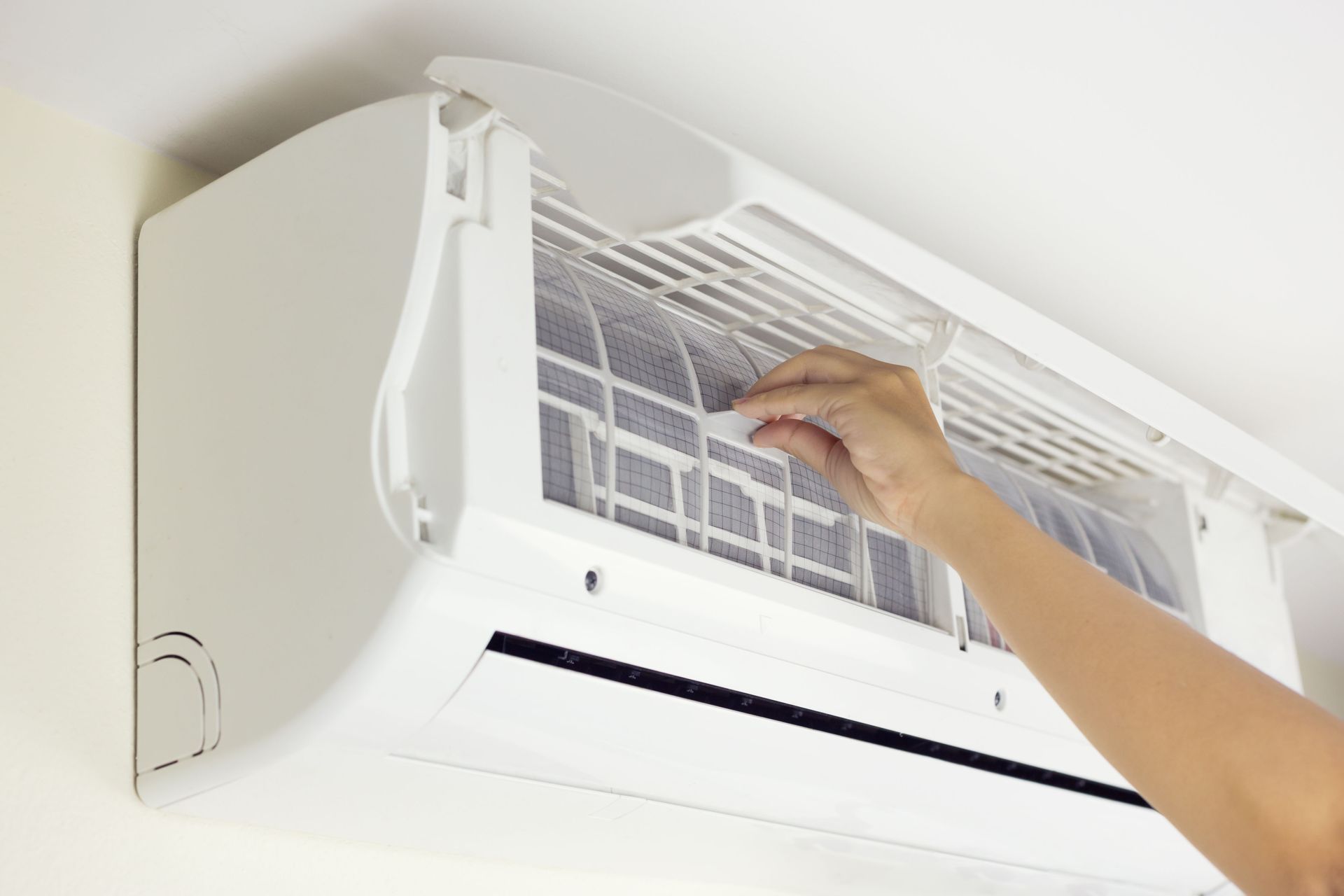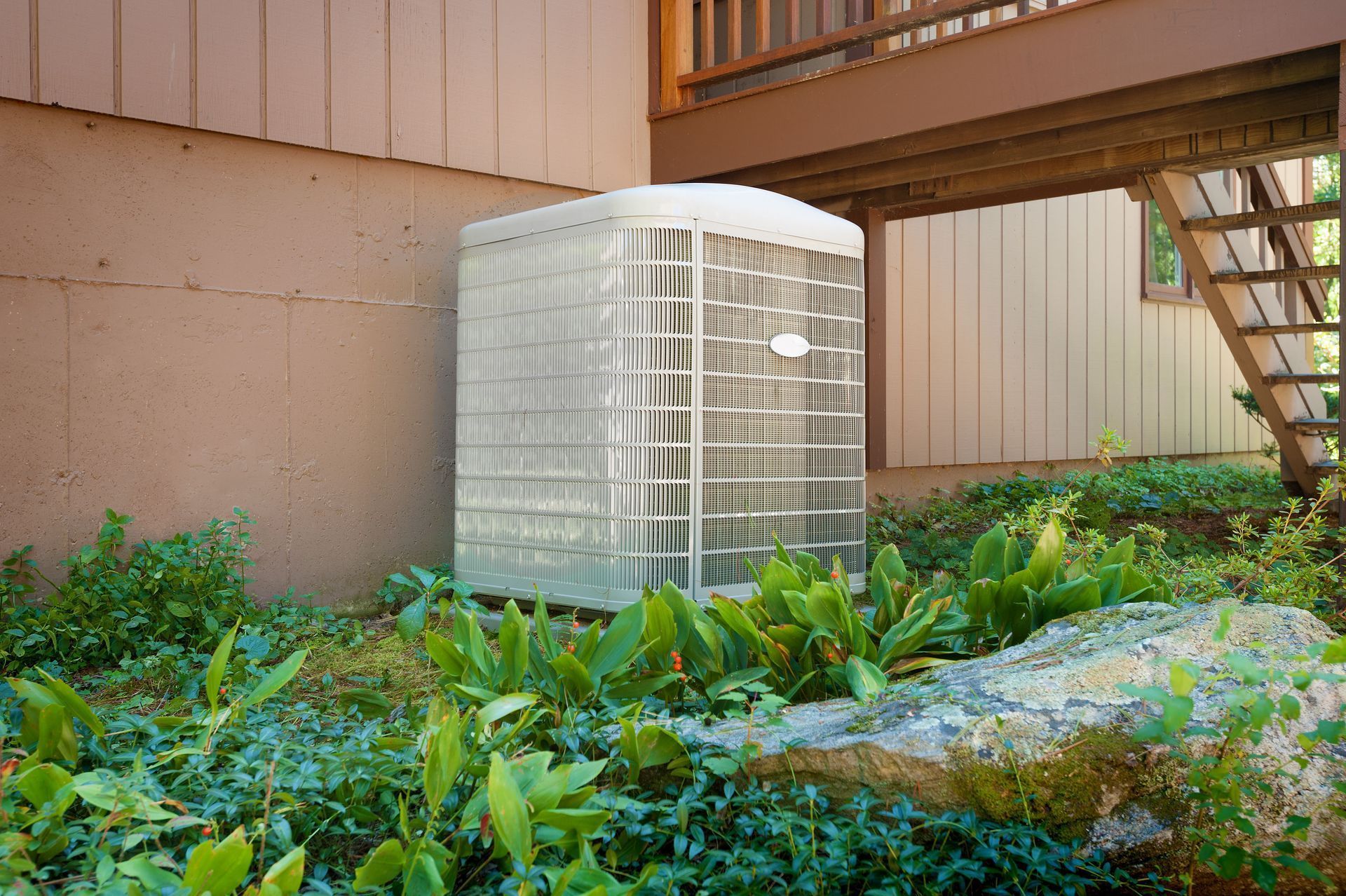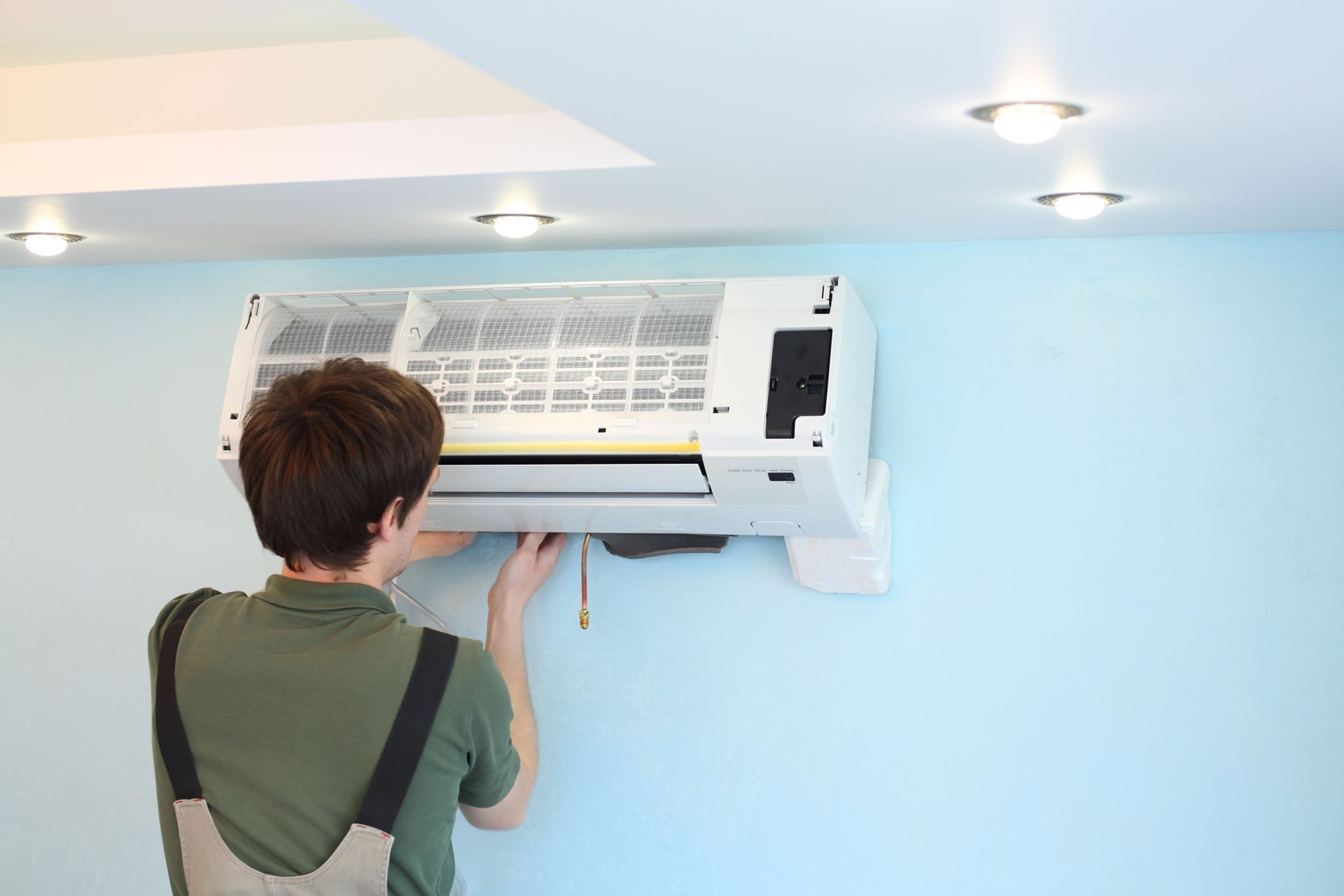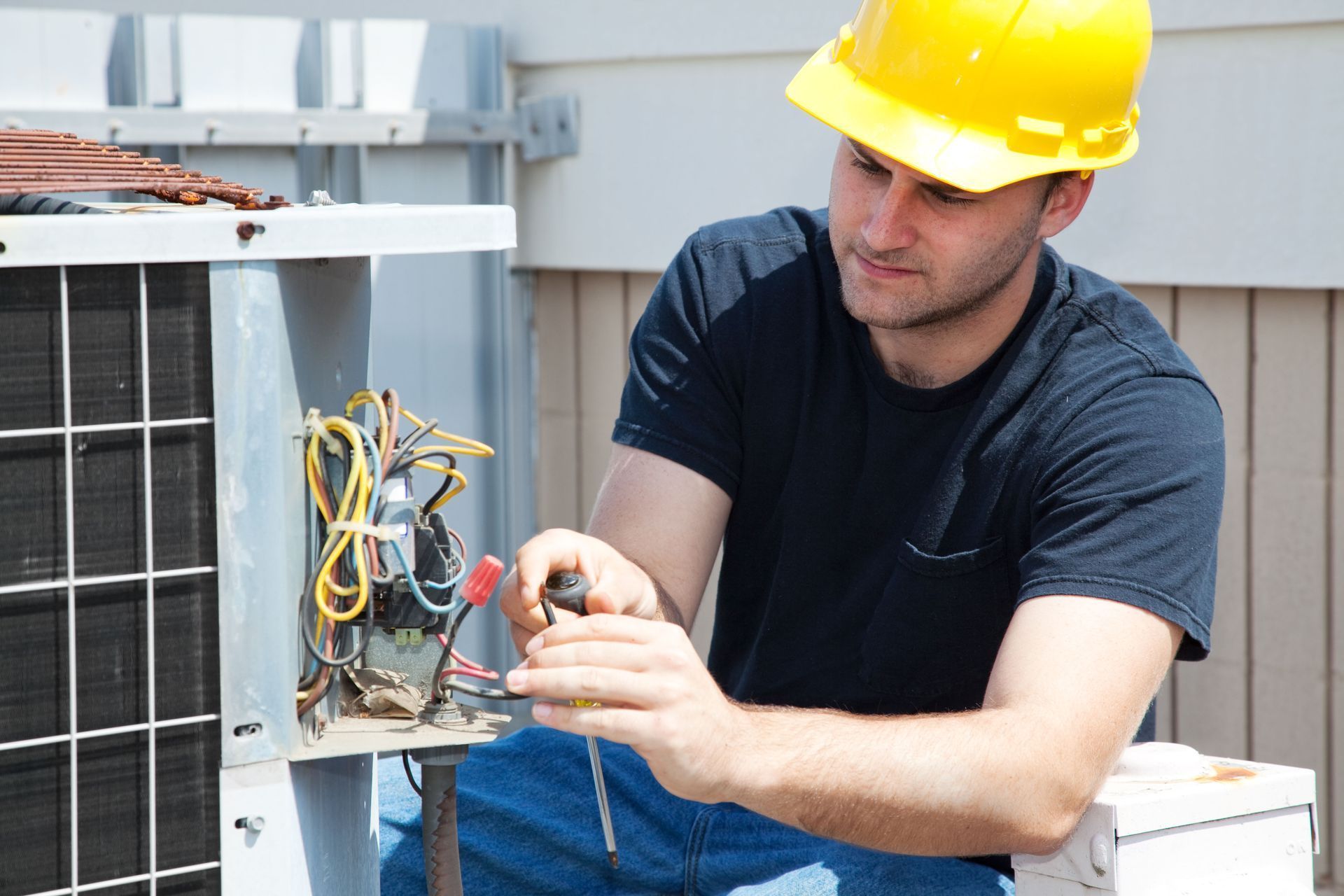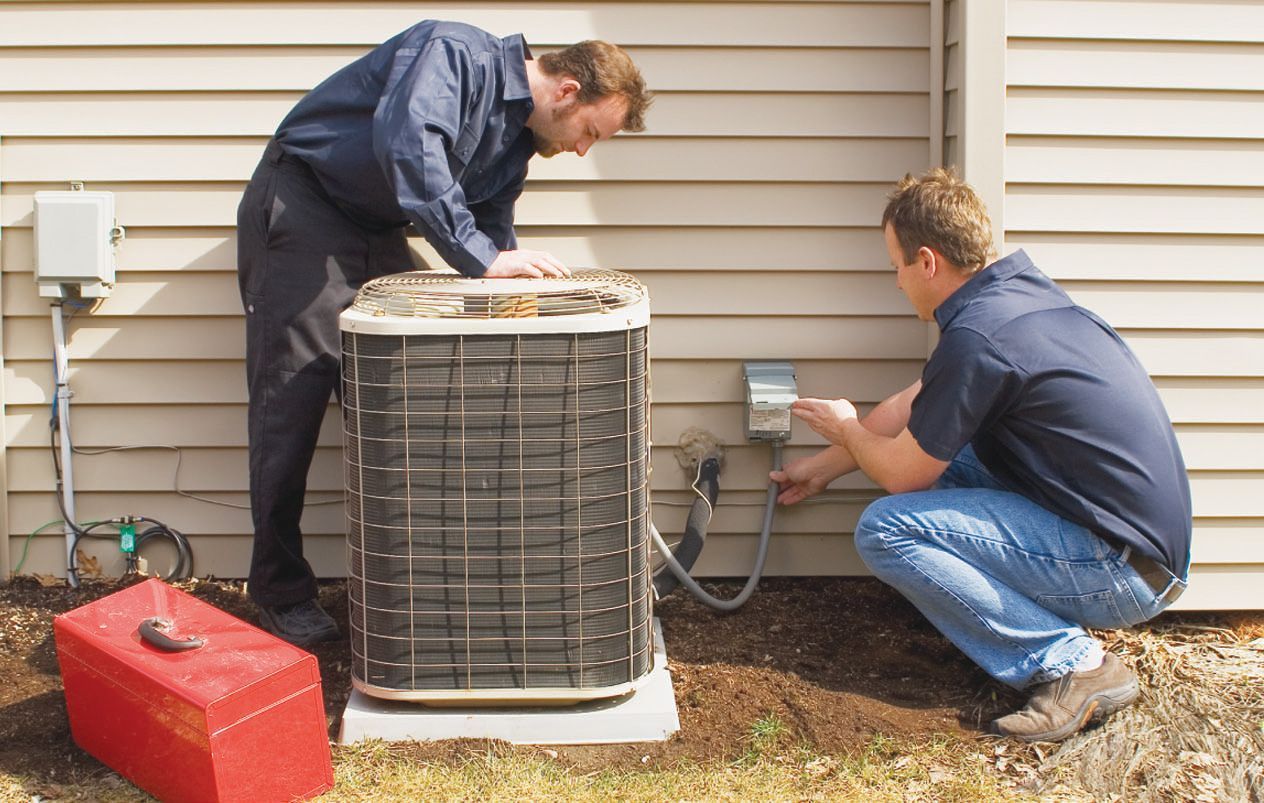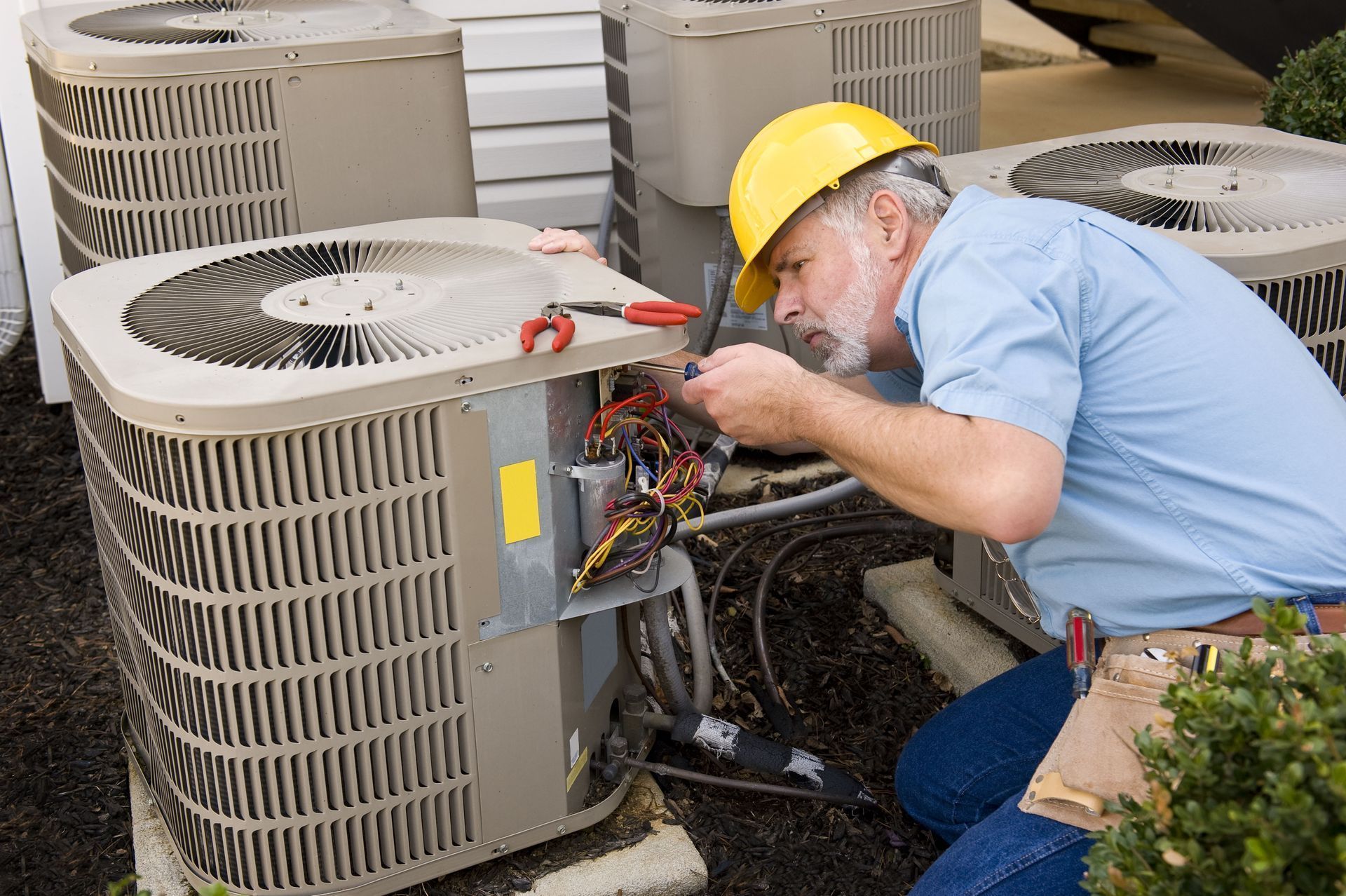5 Signs It's Time to Replace Your HVAC Unit
June 6, 2025
As the seasons change, our reliance on HVAC systems becomes more and more obvious. These systems do more than keep us comfortable—they also help keep energy costs down by working efficiently. But like all appliances, HVAC units don’t last forever. At some point, repairs stop making sense, and replacing your unit becomes the smarter choice. Knowing when to call in an HVAC contractor to talk about replacement can save you from unexpected breakdowns, sky-high energy bills, and discomfort during extreme weather.
1. Consider the Age of Your HVAC Unit
One of the simplest ways to know if it’s time for a new system is by looking at the age of your HVAC unit. According to This Old House, most HVAC systems last about 15 to 20 years if they’ve been properly maintained. If your unit is approaching or has passed this age range, it’s likely losing efficiency and may break down more often. Older systems simply aren’t built to keep up with today’s energy standards and might not cool or heat your home as effectively as newer models.
If you don’t remember when your system was installed, checking the serial number or asking an HVAC contractor for an inspection can help. It’s also a good idea to think about the history of repairs—if you’ve been patching things up frequently, that’s a clue your unit is nearing retirement. Investing in a new HVAC system might seem like a big upfront cost, but it often pays off in long-term savings and peace of mind.
2. Watch for Rising Energy Bills
Have you noticed your energy bills creeping up lately, even though your usage hasn’t changed? That’s a classic sign that your HVAC system might be struggling. Older units often work harder and use more energy to keep your home at a comfortable temperature. This inefficiency leads to higher costs month after month.
Energy-efficient models today use advanced technology to regulate temperature and use less electricity or gas. When you’re facing rising energy bills, it’s a smart move to call an HVAC contractor for a detailed evaluation. They can identify if your system is the culprit and suggest models that match your home’s needs. Sometimes, a simple upgrade or replacement can make your entire house feel more comfortable while trimming expenses.
3. Evaluate the Frequency and Cost of Repairs
If you find yourself calling a technician over and over again for repairs, it might be time to rethink your HVAC setup. When repair bills start adding up to the price of a new unit, it’s usually a good sign that the system is nearing the end of its useful life.
There’s also the hassle factor to consider. Repeated breakdowns mean discomfort during hot summers or cold winters—and that’s stressful for any household. Even the best HVAC contractor can only do so much when working on an outdated system. Sometimes, spending money on repairs is just postponing the inevitable.
By investing in a new HVAC unit, you get a system that’s more reliable and designed to last for many years. Plus, newer units often come with warranties and better customer support, giving you extra confidence. If you’re tired of unexpected repairs, it’s worth discussing replacement options with a trusted HVAC contractor.
4. Notice Inconsistent Temperatures and Poor Air Quality
In addition to age, bills, and repairs, inconsistent temperatures or poor air quality can indicate an aging system. If some rooms feel colder or hotter than others, or you notice dust and musty smells, your HVAC unit might be struggling to do its job.
Uneven airflow often points to problems with your ductwork or the system’s ability to circulate air properly. Poor air quality can aggravate allergies or respiratory problems, making your home less comfortable and even unhealthy. Strange noises like grinding or squealing and unusual odors coming from your HVAC unit are also red flags.
These symptoms aren’t just annoying—they can signal health hazards or mechanical failures that get worse if ignored. Addressing these issues early by consulting an HVAC contractor can prevent more costly problems later on.
5. Recognize Strange Noises and Odors
While some noise is normal from any HVAC system, unusual sounds like grinding, squealing, or banging should never be ignored. Similarly, foul or musty odors coming from your HVAC unit can suggest problems such as mold growth or burnt-out components.
These warning signs affect your system’s performance and can pose health risks for your family. Ignoring them could lead to more serious damage or costly repairs. Getting a professional HVAC contractor to inspect your system promptly can help determine whether repair or replacement is the best path forward.
Deciding when to replace your HVAC unit is about balancing comfort, cost, and convenience. If your system shows any of these signs, it’s a good idea to call an HVAC contractor for an evaluation. At Anderson's Residential Heating & AC, Inc, we’re here to help you stay comfortable year-round. Contact us today to schedule your assessment and take the first step toward a more efficient home.


